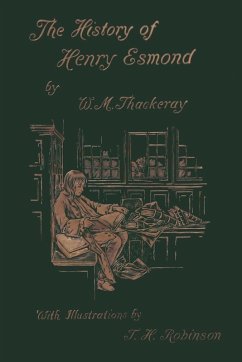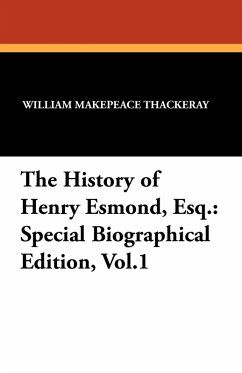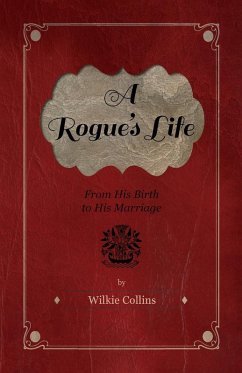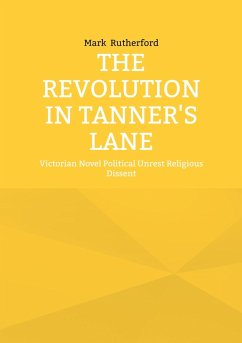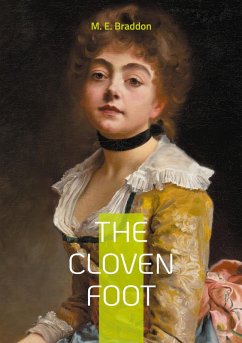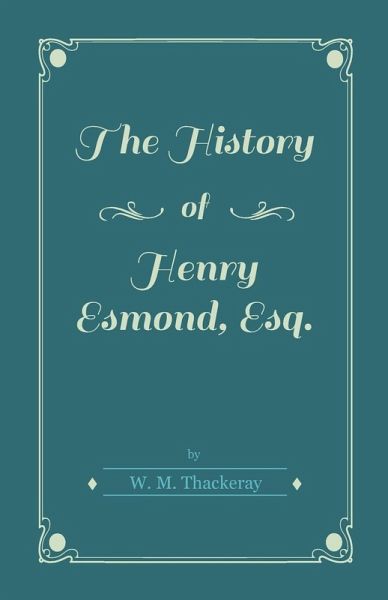
The History of Henry Esmond, Esq.

PAYBACK Punkte
20 °P sammeln!
Originally published in 1902, this early work is a comprehensive and informative look at the life and history of Henry Esmond. The text is split into three books: Book I. The early youth of Henry Esmond, up to the time of his leaving Trinity College in Cambridge. Book II. Contains Mr. Esmond's Military Life and other matters appertaining to the Esmond Family. Book III. Containing the end of Mr. Esmond's adventures in England. Many of the earliest books, particularly those dating back to the 1900's and before, are now extremely scarce and increasingly expensive. We are republishing these classi...
Originally published in 1902, this early work is a comprehensive and informative look at the life and history of Henry Esmond. The text is split into three books: Book I. The early youth of Henry Esmond, up to the time of his leaving Trinity College in Cambridge. Book II. Contains Mr. Esmond's Military Life and other matters appertaining to the Esmond Family. Book III. Containing the end of Mr. Esmond's adventures in England. Many of the earliest books, particularly those dating back to the 1900's and before, are now extremely scarce and increasingly expensive. We are republishing these classic works in affordable, high quality, modern editions, using the original text and artwork.




